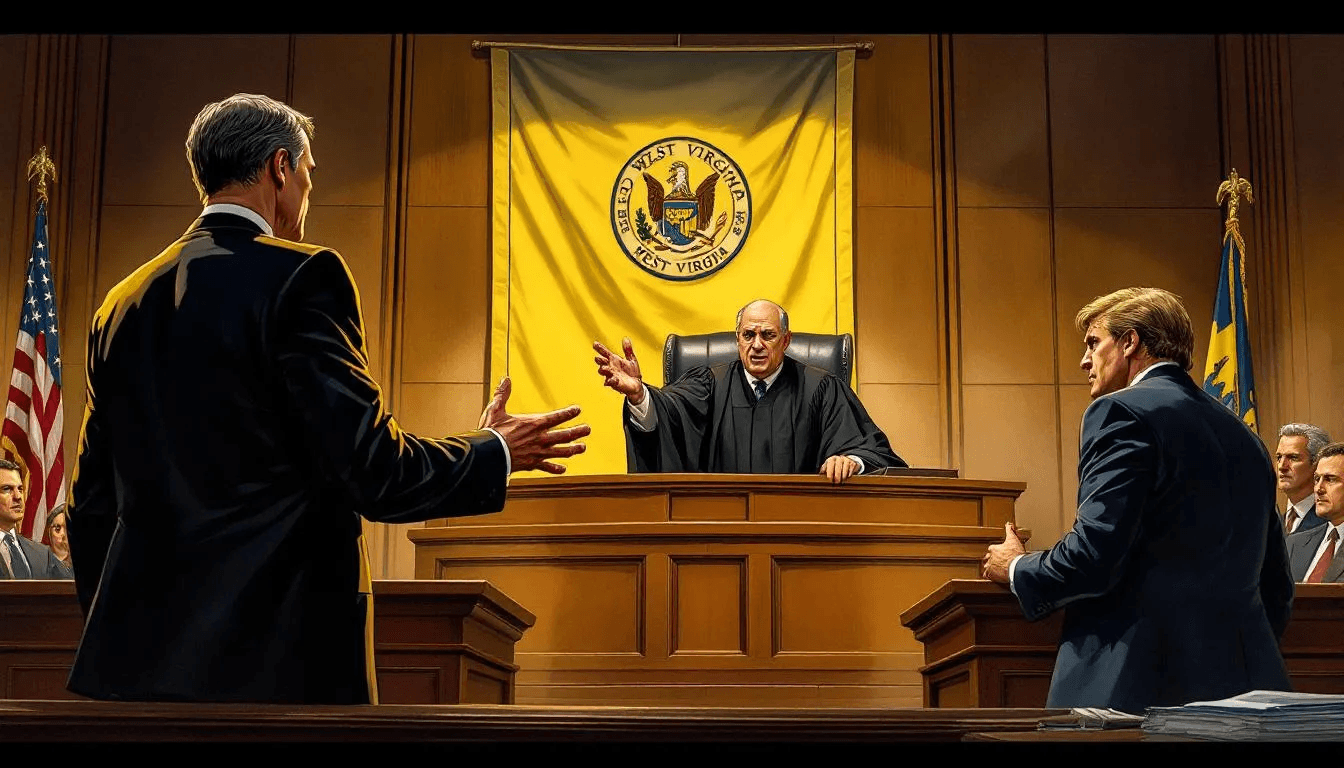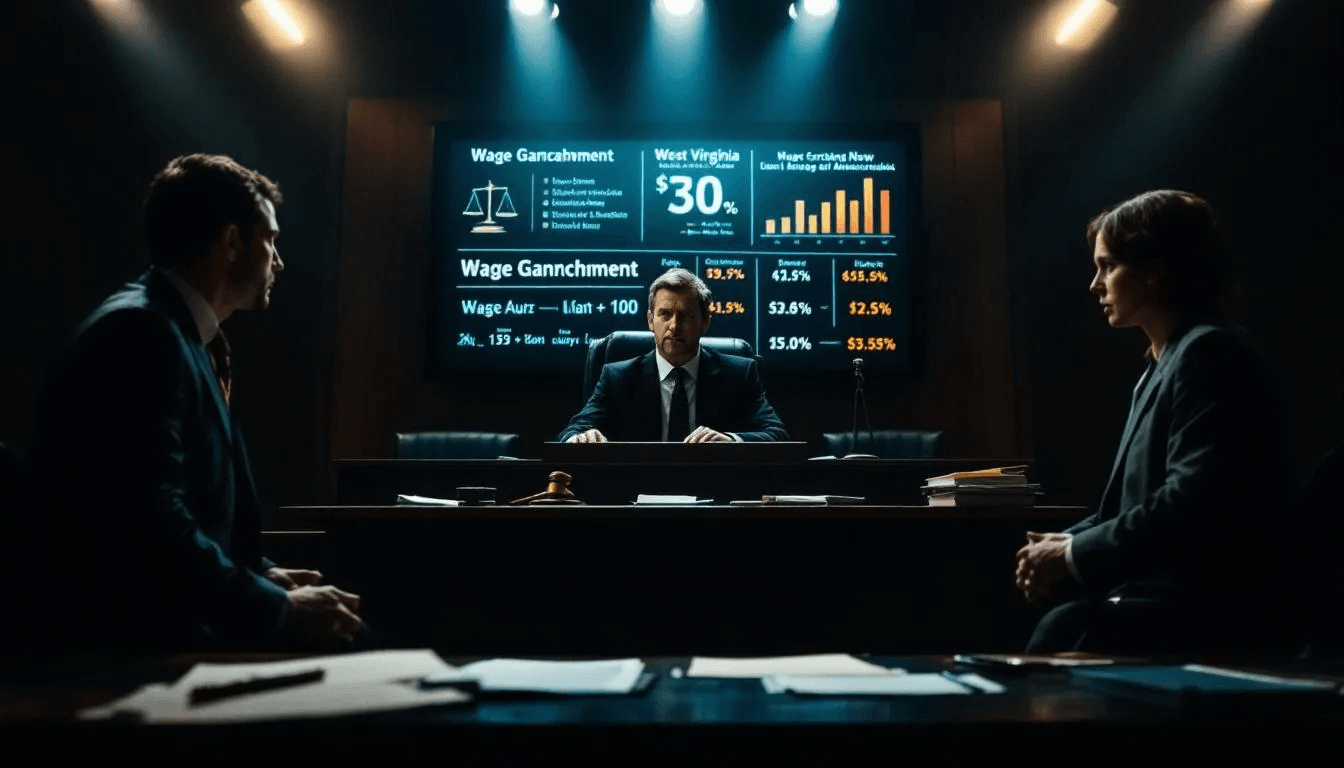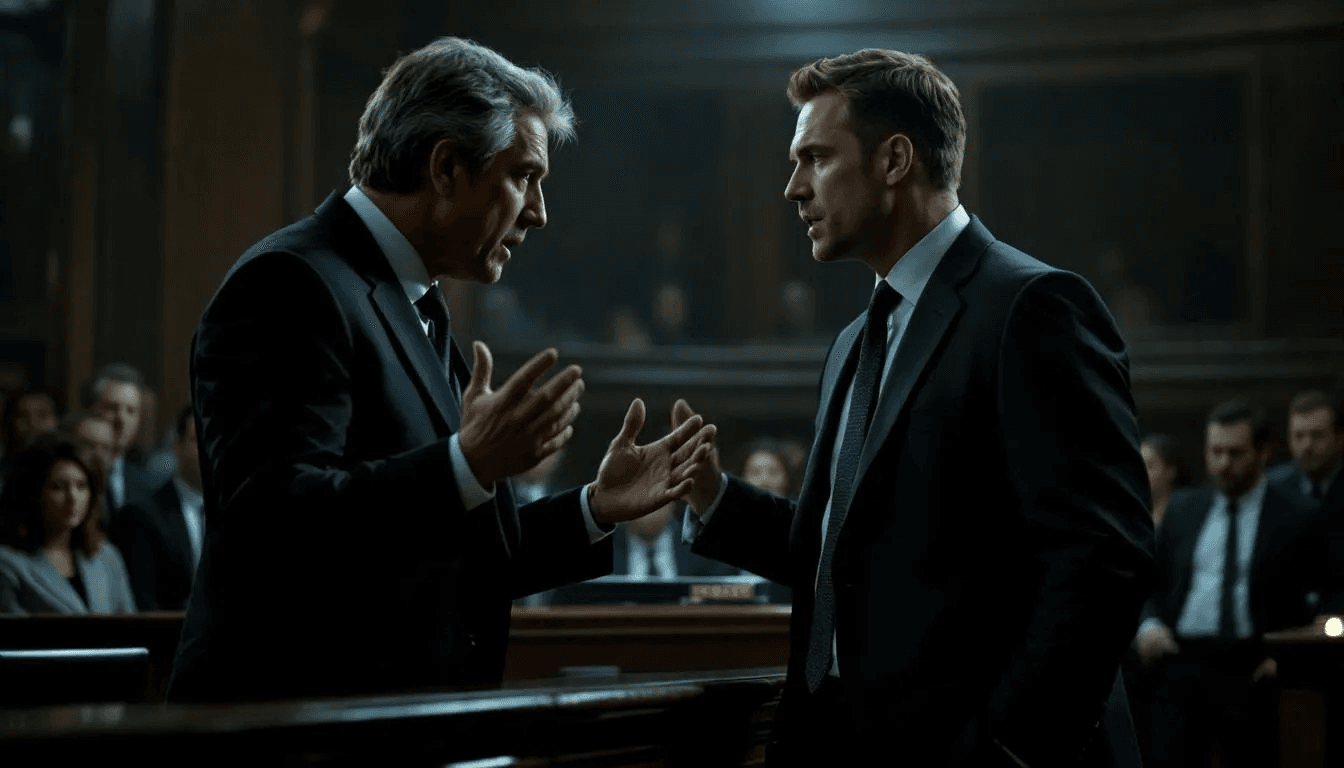Understanding West Virginia debt collection laws is crucial for both debtors and creditors. This guide covers your rights, creditor limitations, and essential protections under the law.
Key Takeaways
- West Virginia debt collection laws require all debt collectors to be licensed and maintain a surety bond, ensuring consumer protection against illegitimate practices.
- The statute of limitations for debt collection actions varies by debt type, ranging from five to ten years, allowing both debtors and creditors to manage their obligations effectively.
- Consumers are protected from abusive debt collection practices under the West Virginia Consumer Credit Protection Act, which allows them to contest violations and seek legal remedies.
West Virginia Debt Collection Regulations


Navigating the rules and regulations of debt collection in West Virginia can feel like wading through a legal labyrinth. However, understanding these regulations is pivotal for both debtors and creditors. Under West Virginia law, all debt collectors and collection agencies must be fully licensed and maintain a surety bond of $5,000. This ensures that only legitimate agencies are in the business of collecting debts, providing a layer of security for consumers.
Moreover, West Virginia law caps the maximum contractual interest rate at eight percent. This regulation is crucial as it prevents exorbitant interest rates that could otherwise trap debtors in a vicious cycle of increasing debt. For those facing unpaid debts, it’s also essential to know that creditors can legally seek to collect personal loans as a means of repayment. This can include requesting permission to take personal belongings, adding another layer of complexity to the debt collection process.
These collection practices are governed by strict rules to ensure fairness and transparency. These regulations help you protect yourself from potential abuses and conduct the debt collection landscape more confidently.
Statute of Limitations for Debt Collection in West Virginia
Time is of the essence when it comes to debt collection, and the statute of limitations sets the clock ticking. In West Virginia, the statute of limitations establishes specific time limits for debt collection actions based on the type of debt. This means that debt collectors have a limited window to enforce their claims, after which the debt becomes unenforceable in court.
The statute of limitations for different types of debts and agreement are as follows:
- Open accounts and oral agreements: five years. This includes debts such as credit card balances, which must also be collected within five years.
- Promissory notes: six years.
- Written contracts: ten years, the longest period.
Knowing these time limits helps both debtors and creditors manage their actions effectively. If you’re a debtor, knowing the statute of limitations can provide peace of mind and a sense of control over your financial future. If you’re a creditor, it emphasizes the importance of timely and diligent debt collection practices.
Consumer Protections Under West Virginia Law
West Virginia law goes to great lengths to protect consumers from abusive debt collection practices. One of the key protections ensures that debt collectors cannot engage in creditor harassment, use deceptive tactics, or discuss debts with unauthorized third parties. This means that any form of intimidation or dishonesty is strictly prohibited, safeguarding consumers from undue stress and anxiety.
The West Virginia Consumer Credit Protection Act (WVCCPA) is a cornerstone in these protections, ensuring that consumers have rights against abusive tactics. This act empowers consumers to take control of their financial situations and stand up against any violations. Attorneys specializing in debt collection can play a pivotal role here, helping to halt harassment from debt collectors and ensuring that clients maintain their rights under applicable consumer protection laws.
These protections are designed to create a fair and just environment for debt collection, ensuring that consumers are treated with respect and dignity throughout the process of compensation.
Legal Rights When Dealing with Debt Collectors


Knowing your legal rights can make a world of difference when you’re dealing with debt collectors. In West Virginia, consumers have the right to request written verification of their debt, including details about the total amount owed and the creditor’s name. This transparency is crucial in ensuring that you’re not paying for debts you don’t owe.
Additionally, debtors can demand that all correspondence from debt collectors cease by providing a written request. However, it’s important to note that collectors are only allowed to contact debtors between 8 a.m. and 9 p.m., ensuring that your peace is not disturbed at unreasonable times.
Under the Fair Debt Collection Practices Act (FDCPA):
- Collectors cannot use abusive tactics or contact you at unreasonable times.
- They are forbidden from discussing your financial situation with anyone other than you, your family members, or your attorney.
- Documentation of all interactions with debt collectors is crucial, as it can serve as evidence if you need to prove violations of your rights later on.
You can file a complaint against the debt collector with the West Virginia Attorney General if your rights are violated. Understanding these legal rights empowers you to take control and ensure that debt collectors are held accountable for their actions.
Wage Garnishment Limits in West Virginia


Wage garnishment is a common method used by creditors to collect debts, but there are limits to how much can be taken from your paycheck. In West Virginia, the statutes limit wage garnishment to a maximum of 25% of your disposable earnings. This ensures that debtors retain a substantial portion of their income, allowing them to meet their basic needs.
However, there are exceptions to this rule:
- For child support payments, up to 60% of your disposable income may be garnished if you are behind on payments.
- An additional 5% can be deducted if you are over 12 weeks behind on child support.
- For federal taxes, creditors can garnish wages without needing a court order, but they are still subject to specific limits.
Additionally, the amount that can be garnished cannot exceed the amount over 30 times the federal minimum wage, providing an extra layer of protection for low-income earners. Knowing these limitations can help you manage your finances and protect your income from excessive garnishment by the federal government.
How to Respond to Debt Collector Violations


Facing violations from debt collectors can be daunting, but knowing how to respond can make all the difference. If you receive threats of added fees or surprise charges, document everything and don’t ignore the communication. This documentation can be crucial if you need to prove a violation later on.
If a debt collector violates the West Virginia Consumer Credit Protection Act (WVCCPA), you may seek:
- Actual damages
- Statutory damages
- Attorneys’ fees
- Court costs
Legal claims in debt collection cases can include threats of extra late fees or surprise charges related to payment. Knowing your rights and the potential penalties for violations can help you stand up against illegal abusive practices and protect your financial harm interests in lawsuits involving money.
By responding appropriately to violations, you can ensure that debt collectors are held accountable for their actions and that your rights are respected throughout the responsible debt collection process.
The Role of Bankruptcy in Managing Debt
Bankruptcy can be a lifeline for those overwhelmed by debt, offering a fresh start and the opportunity to regain financial stability. Chapter 7 bankruptcy provides a fresh start by discharging most unsecured debts, allowing individuals to wipe the slate clean and start anew. On the other hand, Chapter 13 bankruptcy allows individuals to create a repayment plan while keeping their property.
Filing for bankruptcy triggers an automatic stay that halts all collection efforts from creditors. However, it’s important to note that certain debts, like child support and some tax obligations, are not halted by the automatic stay. Bankruptcy is a legal process that allows individuals to eliminate or repay their debts under the protection of the bankruptcy court.
Knowing the role of bankruptcy and the protections it offers enables you to make informed decisions about managing your debt and securing your financial future.
Seeking Legal Assistance


Navigating debt collection issues can be complex, and seeking legal assistance is often a wise decision. Consulting an experienced attorney is vital to protect your rights and navigate the legal complexities of debt collection. Bankruptcy attorneys can help by:
- Protecting your property through bankruptcy exemptions
- Ensuring your rights under the West Virginia Consumer Credit and Protection Act are protected
- Ensuring your rights under the FDCPA are protected against debt collectors.
A lawyer can assist with filing documentation, meeting deadlines, and representing your interests in court during bankruptcy. Understanding bankruptcy and the legal protections available is crucial before deciding whether to file, especially when dealing with debt collectors.
Seeking legal assistance on behalf of your rights ensures your rights are protected and gives you the best chance of achieving a favorable outcome in your debt collection issues, including any potential lawsuit or legal action. Justice is essential in this process. Contact us today for a free consultation.
Summary
Understanding West Virginia’s debt collection laws can empower you to take control of your financial situation. From knowing the regulations that govern debt collection practices to understanding the statute of limitations for different types of debt, and from recognizing your consumer protections to exploring the role of bankruptcy, this guide has covered all the essential aspects.
By staying informed and seeking legal assistance when necessary, you can protect your rights and make informed decisions about managing your debt. Remember, knowledge is power, and with the right information, you can navigate the complexities of debt collection with confidence and ease.
Frequently Asked Questions
Can debt collectors garnish wages in WV?
Yes, debt collectors can garnish wages in West Virginia, but they are limited to garnishing no more than 25 percent of your weekly disposable earnings according to WV Code 46A-2-116.
What is the statute of limitations on debt collection in West Virginia?
The statute of limitations on debt collection in West Virginia is 5 years for open accounts and oral agreements, 6 years for promissory notes, and 10 years for written contracts. It’s important to be aware of these timeframes to protect your rights in debt-related matters.
What is the maximum contractual interest rate allowed in West Virginia?
The maximum contractual interest rate allowed in West Virginia is capped at eight percent. This rate ensures that lending practices remain within reasonable limits for borrowers.
How long do debt collectors have to collect on credit card debt in West Virginia?
Debt collectors in West Virginia have a statute of limitations of five years to collect on credit card debt. After this period, they are generally barred from pursuing legal action to collect the debt.
What protections do West Virginia laws provide against creditor harassment?
West Virginia laws offer protection against creditor harassment by prohibiting threats, deceptive tactics, and discussions of debts with unauthorized third parties. These measures aim to safeguard consumers’ rights and ensure fair treatment.

